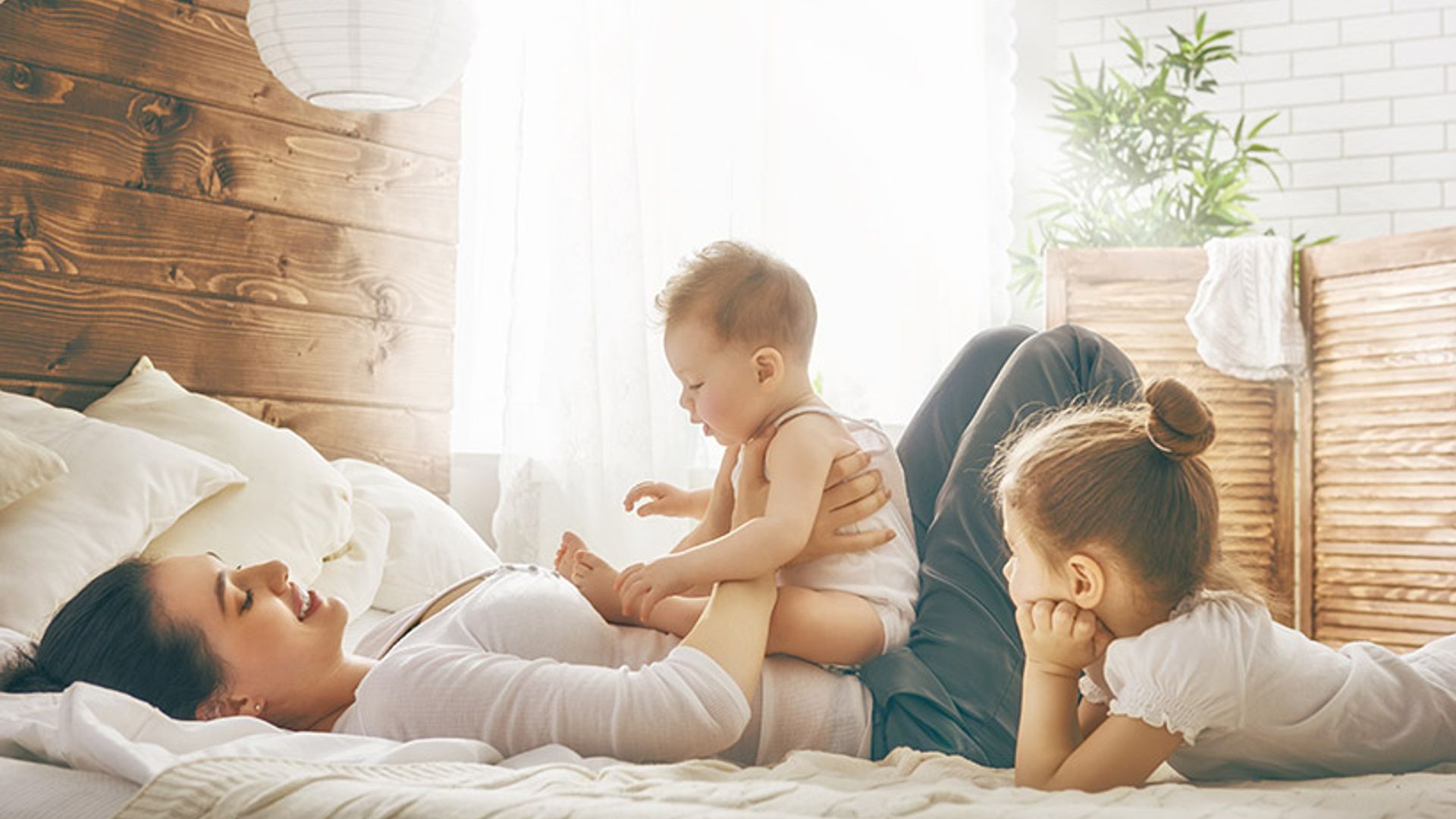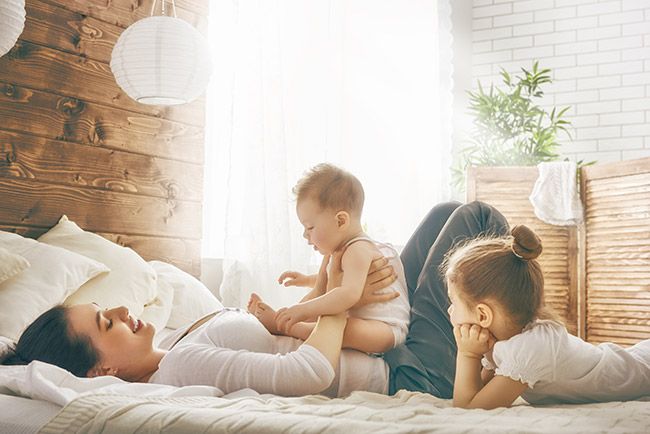Look away now, eldest or middle kids! According to a new study, the baby of the family is the parents' favourite! Yes, chances are if you're the youngest born in your family, you are more likely to be favoured over your siblings, according to researchers at Brigham Young University's School of Family Life. However, it is a little more complicated than simply being the favourite by default.
READ: UK’s most unpopular baby names have been revealed!
A new study shows the youngest is the favourite
The researchers have discovered that if the youngest sibling feels like they're the favourite and their parents react accordingly, the relationship is strengthened. If not, the opposite will take place. However, with older siblings, whether they are the favourite or not doesn't have as much as an impact of their relationship. Assistant professor Alex Jensen explained: "It's not that first-borns don't ever think about their siblings and themselves in reference to them. It's just not as active of a part of their daily life. My guess is it's probably rarer that parents will say to an older sibling, 'Why can't you be more like your younger sibling?' It's more likely to happen the other way around."
READ: 6 ways to prepare young children for when the clocks change
However, another study by the University of California discovered that most parents like their eldest child the most. Professor Katherine Conger told the Telegraph: "I was a little surprised. Our hypothesis was that older, earlier-born children would be more affected by perceptions of differential treatment due to their status as the older child in the family." However, studies revealed that out of nearly 400 families involved, the eldest child felt like their accomplishments meant more to their parents than their siblings, making them feel confident and assertive.










